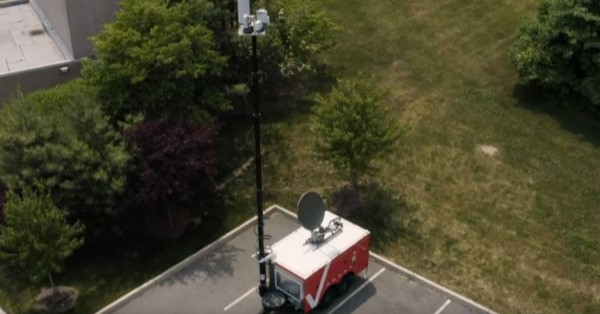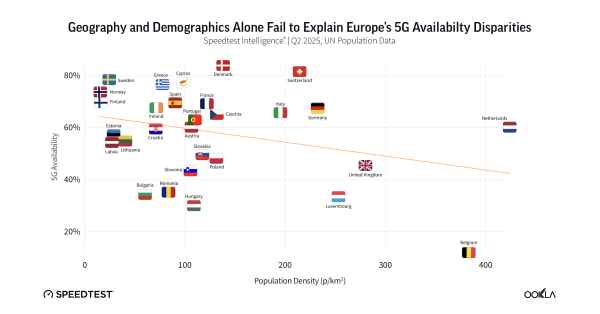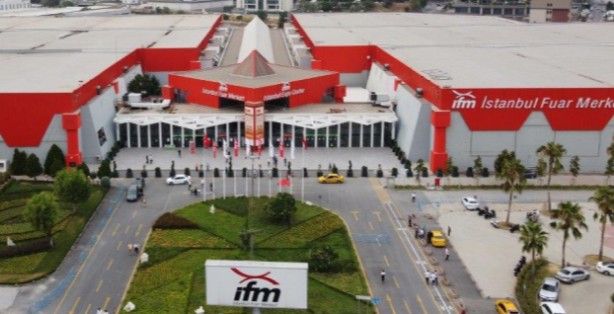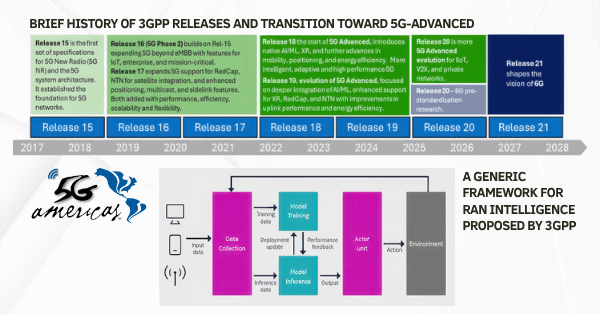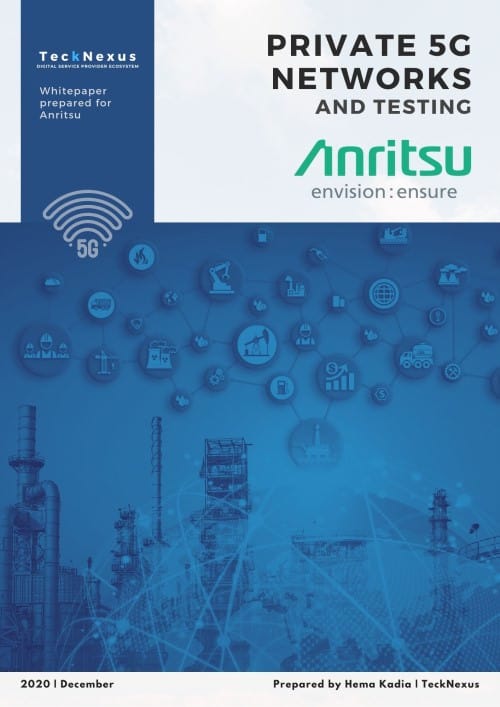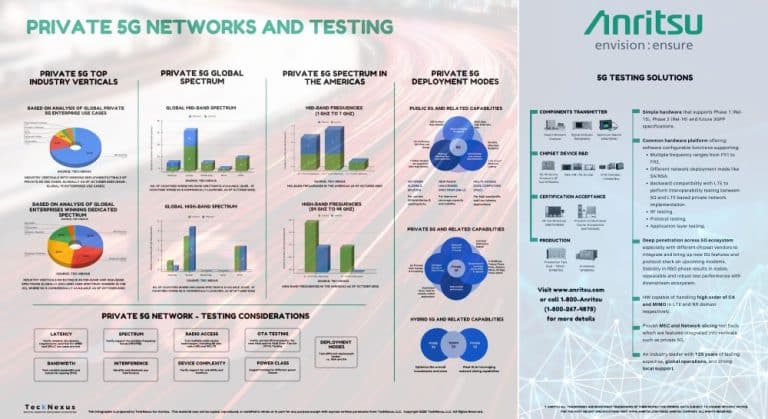Introduction: Verizon has launched a new vehicle that offers award-winning connectivity and emerging technologies directly to enterprise customers.
Challenges or Objectives: In locations where network connections and coverage can be challenging, there’s a need to enhance network and technological capabilities for enterprise and public sector customers.
Solution Implemented: Verizon introduced the Mobile Onsite Network-as-a-Service (NaaS), a 10-foot portable trailer that provides a private network, private mobile edge compute (MEC), SD-Wan, and satellite connectivity to customer sites. It has both 4G and 5G standalone functionality and offers scalable and reliable 5G and edge compute capabilities.
Supporting Evidence: The first deployment at Lockheed Martin’s Waterton, Colorado campus demonstrated the system’s capabilities. Within hours of arrival, the entire solution was set up, tested over a satellite communications connection, and used to collect sensor data and video to evaluate network operations.
Why the Selected Technology Was the Right Choice? This technology delivers high-speed, high-capacity, and low-latency connectivity essential for various applications. It also ensures enhanced privacy and security.
Use Case Benefits: The Mobile Onsite NaaS addresses the unique needs of industries such as utilities, agriculture, and manufacturing. It allows them to utilize the private network and compute services at specific locations without the costs of a permanent installation. For example, entertainment companies can get guaranteed 5G and edge compute for events, infrastructure providers can employ drones for bridge assessment, and public safety officials can establish a mobile command center during natural disasters.
Industry Impact: This solution opens up opportunities for numerous sectors to harness the power of a private network and edge computing without committing to a permanent setup.
Your Company’s Role (Verizon): Verizon is the visionary and developer behind the Mobile Onsite NaaS, aiming to deliver mission-critical connectivity to customer locations, showcasing how 5G and edge computing can address strategic priorities and pave the way for advanced solutions.
Partners for the Use Case: Lockheed Martin, which was the first host for the Mobile Onsite NaaS, collaborates with Verizon on the 5G.MIL® Unified Network Solutions.
Use Case Status: The use case is being deployed, with the first deployment taking place at Lockheed Martin’s Waterton, Colorado campus.
Customer Endorsements:
Dan Rice, vice president of 5G.MIL® Programs at Lockheed Martin, praised the system, emphasizing Lockheed Martin’s commitment to harnessing top-notch commercial technology. They anticipate further collaboration with Verizon on their 5G.MIL® Unified Network Solutions.
Mobile Lab as a Service: The Mobile Onsite NaaS can double as a Mobile Lab as a Service, an offering from Verizon Innovation Labs. This allows customers who can’t visit Verizon’s three Innovation Labs located in Boston, Los Angeles, and San Francisco to test their applications on their own sites with support from Verizon engineers.



